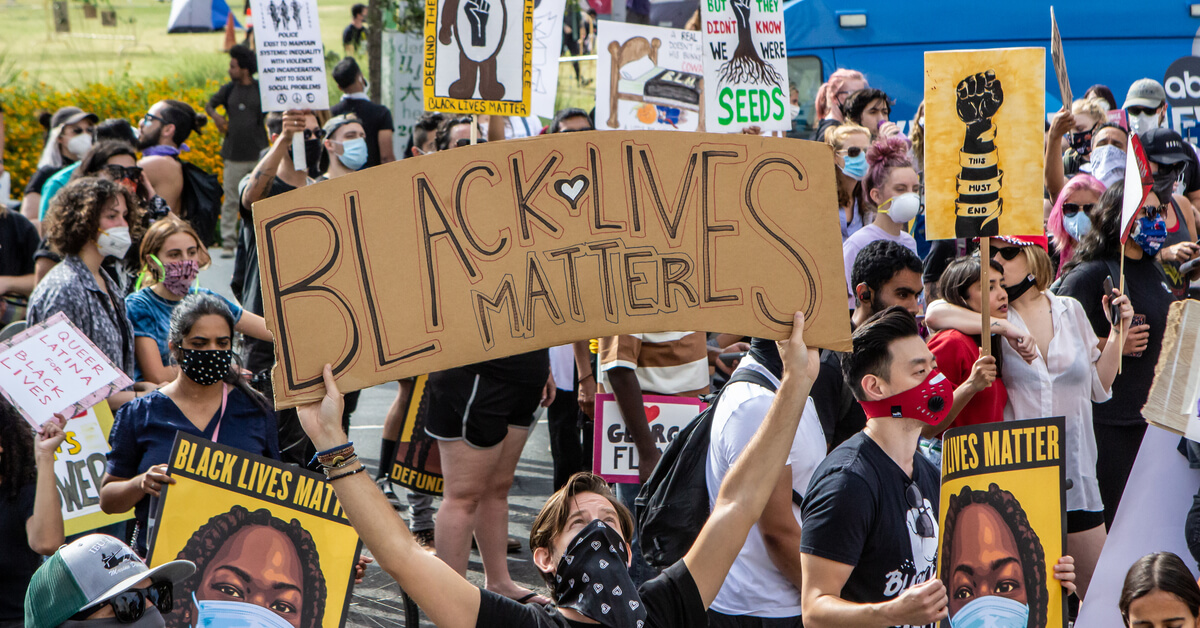Downtown Los Angeles: May 29, 2020
Caleb: These words were playing in my head as the bus headed to the jail with me, a photographer, and 60 BLM protesters, inside.
“The media’s the most powerful entity on earth. They have the power to make the innocent guilty and to make the guilty innocent, and that’s power. Because they control the minds of the masses. The press is so powerful in its image-making role, it can make the criminal look like he’s the victim and make the victim look like he’s the criminal. If you aren’t careful, the newspapers will have you hating the people who are being oppressed and loving the people who are doing the oppressing.”
— Malcolm X
These words were burned into my brain from an oral presentation in my 8th grade English class, if memory serves me correctly, and are from The Autobiography of Malcolm X. This was a person about whom I knew little or nothing, but his words impacted me then and pop up every time I listen to or read the news. Here it is three decades later and they have the same meaning and significance as they did the…

